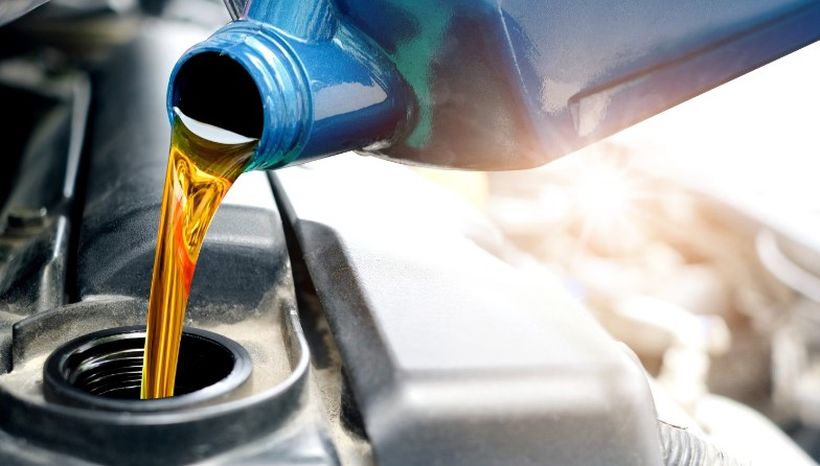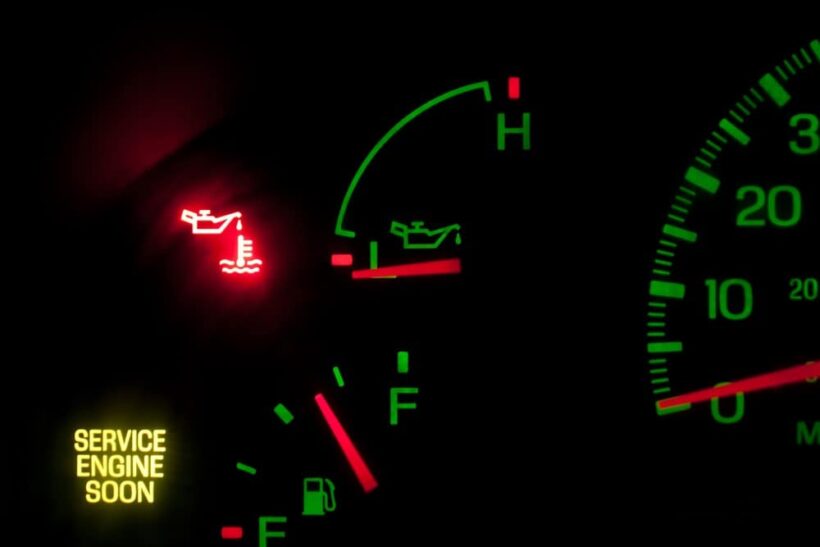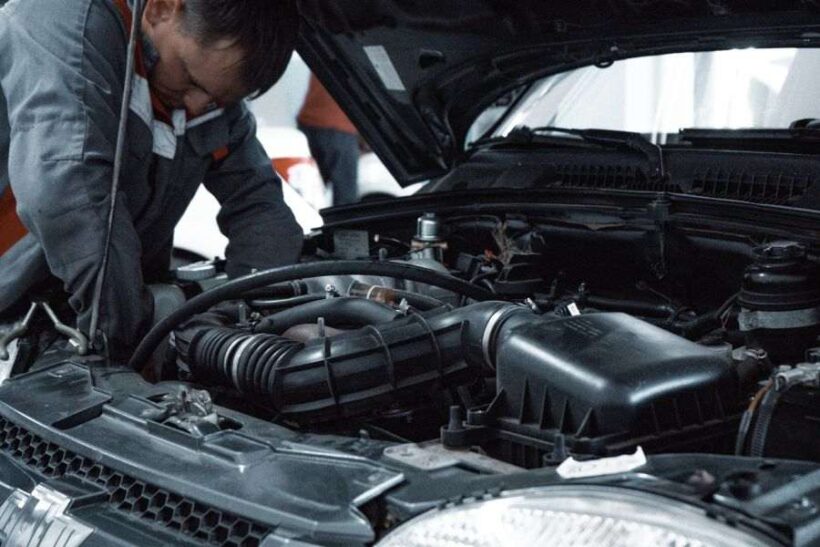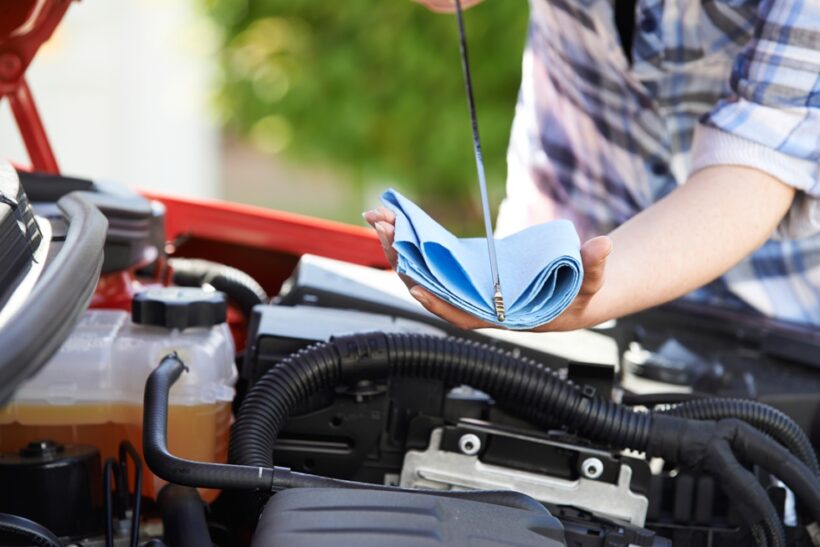A vehicle’s engine is an intricate and vital component that relies heavily on regular maintenance to ensure its longevity and optimal performance. One of the most crucial aspects of engine maintenance is the timely changing of motor oil.
Regular oil changes play a pivotal role in keeping your engine healthy by providing proper lubrication, reducing friction, and dissipating heat. Neglecting this vital task can lead to a myriad of issues, including reduced engine performance, increased wear, and even costly damage.
This article aims to provide valuable insights into the warning signs that indicate your vehicle needs an oil change. By recognizing these signs and taking appropriate action, you can prevent potential engine damage and keep your vehicle running smoothly. In the following sections, we will explore the various signals that suggest it’s time to replace your engine oil and share tips on how to avoid engine damage through proactive vehicle maintenance.
The Role of Motor Oil in Your Vehicle

Motor oil serves as the lifeblood of your vehicle’s engine, performing a multitude of critical functions that ensure its smooth operation and longevity. Understanding the role of motor oil in your vehicle can help you appreciate the importance of regular oil changes and proper engine maintenance. In this section, we will delve into the various functions of motor oil and discuss the consequences of not changing it regularly.
- Lubrication: The primary function of motor oil is to provide a protective film between the moving parts of your engine. This lubrication reduces friction, minimizes wear, and prevents the metal components from grinding against each other, which can cause severe damage.
- Cooling: As motor oil circulates through the engine, it helps to dissipate heat generated by the combustion process and friction between moving parts. By keeping the engine’s temperature under control, motor oil prevents overheating and subsequent damage to engine components.
- Cleaning: Motor oil contains detergents and dispersants that help to remove and suspend contaminants, such as dirt, soot, and metal particles. This ensures that your engine remains clean and free from sludge, which can obstruct oil flow and cause engine wear.
- Sealing: Motor oil also contributes to the sealing of the combustion chamber by filling the microscopic gaps between piston rings and cylinder walls. This helps to maintain optimal compression and prevents the leakage of combustion gases.
- Rust and corrosion protection: The additives in motor oil help protect the engine’s metal surfaces from rust and corrosion caused by moisture, acids, and other byproducts of combustion.
Failing to change your motor oil regularly can lead to several problems. Over time, oil loses its effectiveness as it becomes contaminated with dirt, metal particles, and combustion byproducts. This can result in increased friction, wear, and the formation of sludge within your engine. Ultimately, neglecting regular oil changes can compromise your engine’s performance, reduce fuel efficiency, and even lead to costly damage.
In the next section, we will explore the various warning signs that indicate your vehicle is due for an oil change, empowering you to take the necessary steps to protect your engine and maintain your vehicle’s performance.
Warning Signs That Your Vehicle Needs an Oil Change

Being aware of the warning signs that your vehicle needs an oil change can help you prevent potential engine damage and maintain optimal performance. Here, we discuss some common indicators that suggest it’s time to replace your engine oil:
- Dark and dirty oil: Fresh motor oil is typically amber in color and translucent. As it circulates through your engine, it picks up contaminants like dirt, metal particles, and combustion byproducts. Over time, these contaminants cause the oil to become darker and dirtier, reducing its effectiveness as a lubricant. Checking your oil regularly using the dipstick can help you monitor its condition and determine when it’s time for a change.
- Increased engine noise: Proper lubrication is essential for smooth engine operation. A lack of lubrication due to dirty or insufficient oil can cause increased engine noise, such as knocking or ticking sounds. These noises may indicate that your engine’s moving parts are experiencing excessive friction, which can lead to wear and damage if not addressed.
- Oil smell inside the car: A strong oil smell inside your vehicle can be a warning sign of an oil leak or the need for an oil change. If you notice this smell, it’s essential to investigate the source and address any underlying issues to prevent further problems.
- Decreased fuel efficiency: Dirty or low-quality oil can cause your engine to work harder, resulting in reduced fuel efficiency. If you notice a sudden drop in your vehicle’s gas mileage, it may be time to check your oil and consider an oil change.
- Check engine or oil change warning lights: Most modern vehicles come equipped with dashboard warning lights that indicate oil-related issues, such as low oil pressure or the need for an oil change. If these lights illuminate, addressing the issue promptly is crucial to avoid potential engine damage.
- Excessive exhaust smoke: While some exhaust smoke is normal, excessive or unusually colored smoke can indicate an oil leak or burning oil within your engine. Blue or gray smoke often signifies burning oil, while white smoke may be a result of coolant mixing with the oil. Both situations warrant immediate attention to prevent further damage.
- Increased oil consumption: Worn engine components or oil leaks can lead to increased oil consumption, requiring you to add oil more frequently than normal. If you find yourself topping off your oil more often than usual, it’s essential to investigate the cause and address any underlying issues.
By staying vigilant and responding to these warning signs, you can ensure that your vehicle receives timely oil changes and maintains optimal engine health. In the next section, we will discuss tips for avoiding potential engine damage through regular maintenance and proper oil care.
Tips to Avoid Potential Engine Damage

Preventative maintenance and proactive care are crucial for avoiding engine damage and ensuring the longevity of your vehicle. In this section, we will provide you with essential tips to protect your engine and maintain optimal performance:
- Follow the manufacturer’s recommended oil change intervals: Adhering to your vehicle manufacturer’s recommended oil change intervals is key to maintaining a healthy engine. These guidelines, which can be found in your owner’s manual, take into account your vehicle’s specific requirements and are designed to optimize engine performance and longevity.
- Regularly check your oil level and quality: Make a habit of checking your oil level and quality at least once a month or before long trips. This will help you identify potential issues, such as low oil levels or dirty oil before they cause damage to your engine. To check the oil, simply use the dipstick and ensure that the level is within the appropriate range and that the color and consistency of the oil are normal.
- Use the correct oil type and grade for your vehicle: Using the right oil type and grade is essential for your engine’s proper function. Refer to your owner’s manual for the manufacturer’s recommendations, and always use oil that meets their specifications. For example, if you own a 2015 Toyota Corolla, you can find the recommended oil type by checking this article on 2015 Toyota Corolla oil type. The correct oil will provide your specific engine’s necessary protection and performance.
- Address oil leaks promptly: If you notice oil spots on your driveway or garage floor, it’s important to investigate and address any oil leaks as soon as possible. Oil leaks can lead to insufficient lubrication, increased friction, and engine damage. Consult a professional mechanic if you suspect an oil leak to identify the source and repair the issue.
- Monitor your vehicle’s performance and address any unusual symptoms: Pay attention to your vehicle’s performance and be mindful of any changes or unusual symptoms, such as increased engine noise, decreased fuel efficiency, or warning lights on the dashboard. Addressing these issues promptly can help prevent further damage and ensure that your engine remains in good condition.
By following these tips and staying proactive with your vehicle’s maintenance, you can minimize the risk of engine damage and ensure a longer, healthier life for your car.
Conclusion
In conclusion, recognizing the warning signs of an overdue oil change is of utmost importance for maintaining a healthy engine and optimal vehicle performance. By being vigilant and proactive, you can prevent potential engine damage, ensure a smooth and efficient driving experience, and extend the lifespan of your vehicle.
We encourage all readers to take a proactive approach to vehicle maintenance by following the manufacturer’s recommended oil change intervals, regularly checking oil levels and quality, and promptly addressing any unusual symptoms or issues. Doing so can protect your engine from unnecessary wear and damage, save money on costly repairs, and enjoy the peace of mind that comes with knowing your vehicle is well-maintained and reliable.
Remember, a well-cared-for vehicle serves you better and contributes to a safer, more enjoyable driving experience for you and your loved ones. Stay proactive, and happy motoring!

